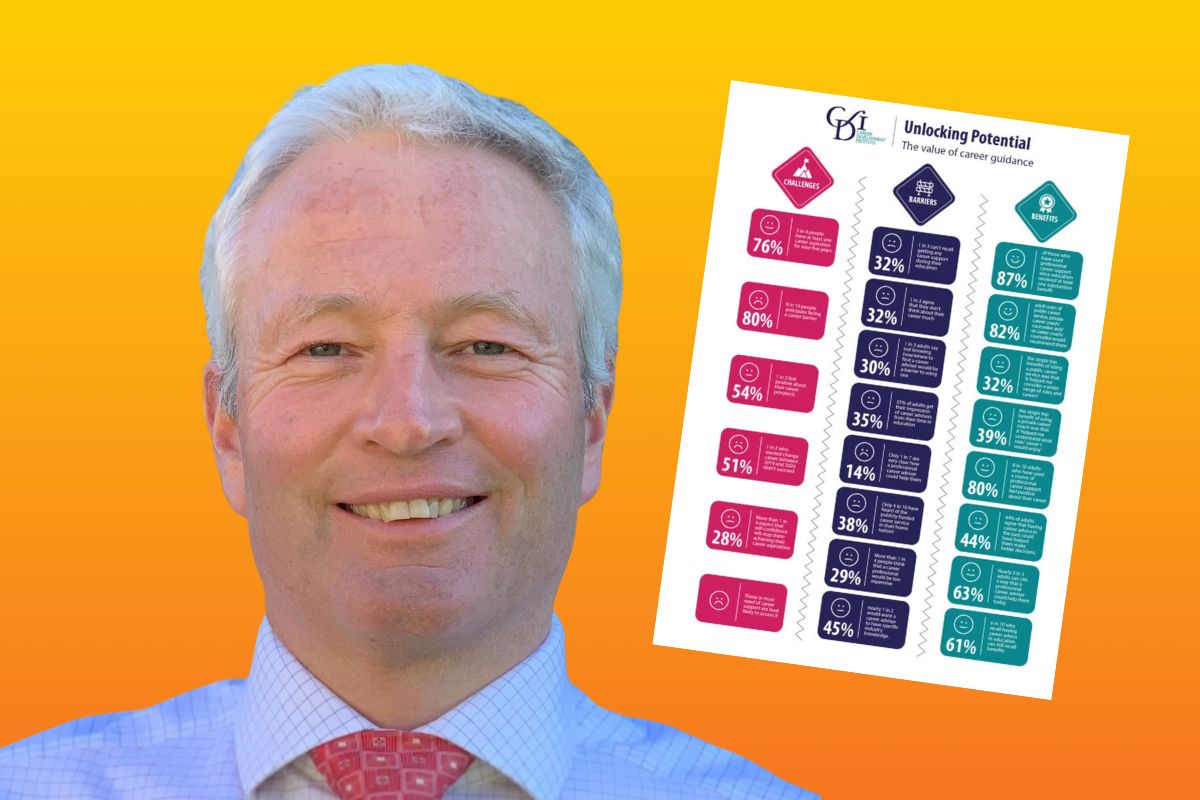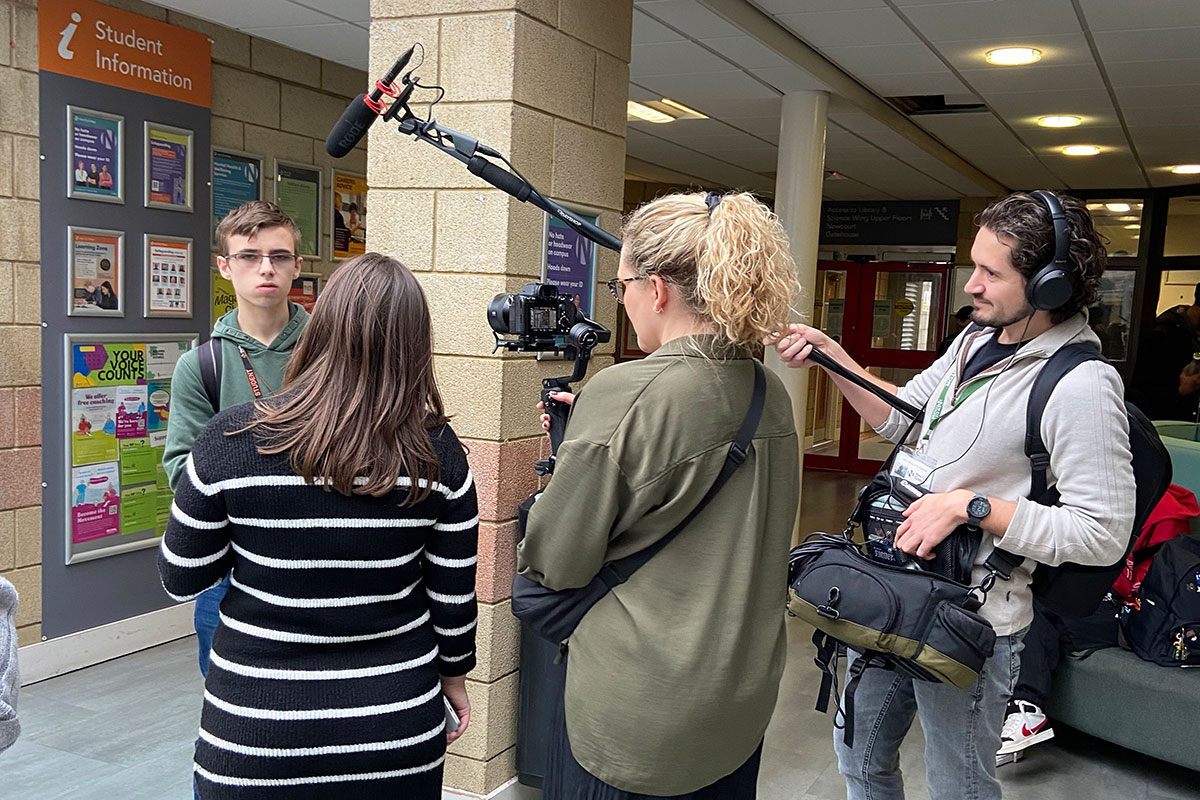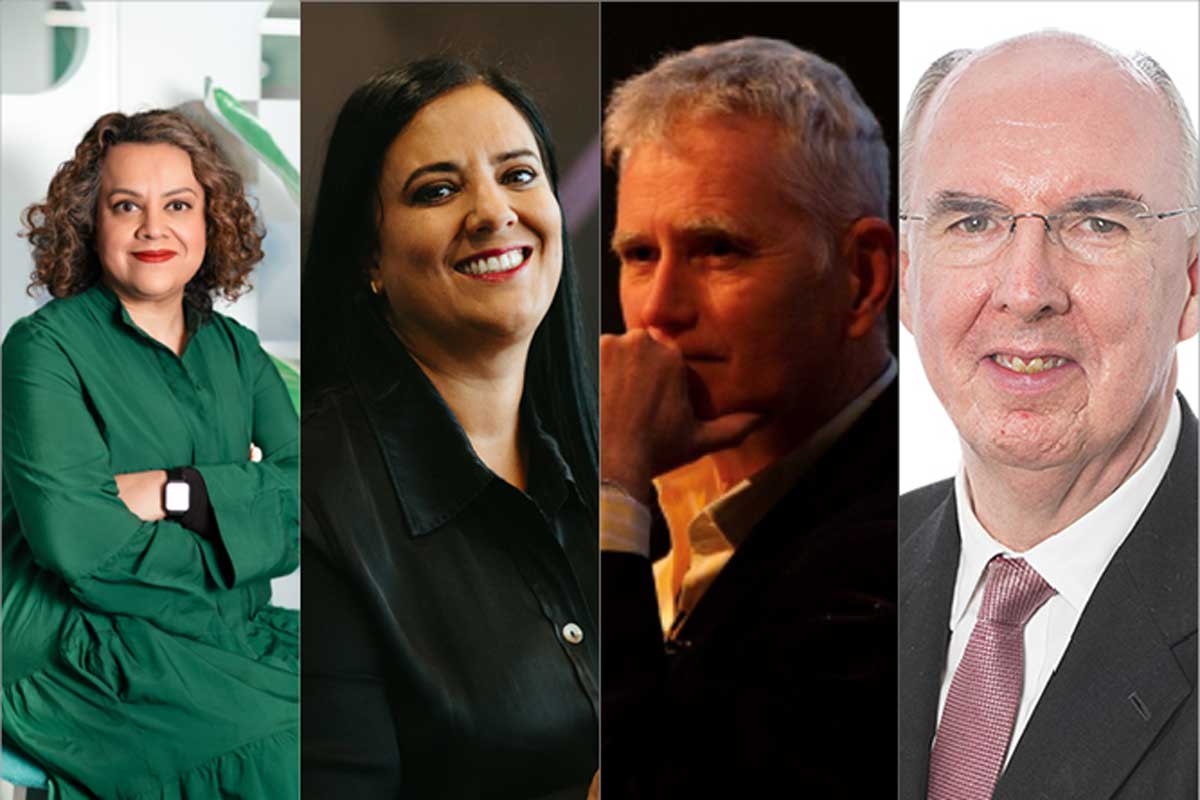Social breakdown threatens the Mental Health of over 2 Million Children

More than two million children are in danger of developing a mental illness by 2030 as the nation’s fraying social fabric takes an increasingly heavy toll.
The dire warning is contained in a forensic new inquiry into the state of 21st Century Britain, which concludes that the country is sliding back into the “Two Nations” of the Victorian era marked by a widening gulf between mainstream society and a depressed and poverty-stricken underclass.
The Centre for Social Justice’s (CSJ) Social Justice Commission’s report, “Two Nations: The State of Poverty in the UK, argues that the most disadvantaged in Britain are no better off than 15 years ago – the time of the financial crash – and cites evidence that for them the jump from welfare into work is not worth it.
The CSJ’s 350-page study also finds that the pandemic lockdowns had a catastrophic effect on the nation’s social fabric, especially for the least well off, where the gap between the so-called “haves” and “have nots” was blown wide open.
Children, scarred by the pandemic lockdown, are having a particularly hard time. Twenty years ago, just one in nine children were assessed as having a clinically recognisable mental health problem. That figure is now one in five, rising to one in four for those aged 17-19.
If trends continue, the report argues that by 2030 over one in four 5 to 15-year-olds – which may be as many as 2.3 million children – could have a mental disorder. There are likely to be 108 per cent more boys with mental health disorders by 2030 than there would have been if the lockdown had not happened.
The report says:
“During lockdown: calls to a domestic abuse helpline rose 700 per cent; mental ill-health in young people went from one in nine to one in six and nearly a quarter amongst the oldest children; severe school absence jumped by 134 per cent; 1.2 million more people went on working-age benefits, 86 per cent more people sought help for addictions; prisoners were locked up for more than 22 hours per day; and a household became homeless every three minutes.”
“Two Nations has found a yawning gap between those who can get by and those stuck at the bottom” the report warns.
Six in ten of the general public say that their area has a good quality of life – this plummets to three in ten of the most deprived.
Mental health looms large in the minds of the most deprived. After higher benefits, they cite improved mental and physical health as pivotal to a better life. The report has found that 40 per cent of the most disadvantaged report having a mental health condition compared to just 13 per cent of the general population.
The report says:
“Supporting people into work has become an issue of national importance. Economic inactivity has risen since the COVID-19 pandemic. The total Universal Credit (UC) caseload has risen by 106 per cent since March 2020, and the number of claimants with No Work Requirements has increased by 186 per cent.
“The most disadvantaged view mental ill-health as the biggest factor holding them back, which only ranks fifth for the general public. The number of people economically inactive because of long-term sickness has risen to over 2.6 million, an increase of nearly 500,000 since the COVID-19 pandemic. Over half of those signed off (53 per cent) reported depression, bad nerves, or anxiety.”
The findings come from the Centre for Social Justice, which nearly 20 years ago published Breakdown Britain, a seminal work that ultimately led to a wholescale reform of the welfare system and the introduction of Universal Credit.
The report has been produced by a high-powered team of Commissioners chaired by former Sunday Times editor Martin Ivens and includes Lord King, the former Governor of the Bank of England, Andy Burnham, the Labour Mayor of Manchester, Tim Farron, former leader of the Liberal Democrats, Labour’s Sir Stephen Timms MP, Conservative MP Miriam Cates, and businesswoman Liz Earle.
Lord King said:
“One glimmer of light in our investigation is the institution of the family – rather than government – as a place of nurture, support, and fulfilment. No family is perfect, and families come in all different shapes and sizes, but if we are able to do more to support the family, then there is no question that it can do more to support each and every one of us.”
Andy Cook, Chief Executive of the Centre for Social Justice said:
“This report makes for deeply uncomfortable reading.
“Lockdown policy poured petrol on the fires that had already been there in the most disadvantaged people’s lives, and so far, no one has offered a plan to match the scale of the issues.
“What this report shows is that we need far more than discussions on finance re-distribution; but a strategy to go after the root causes of poverty – education, work, debt, addiction and family.”
At the heart of the 350-page report is a landmark poll of 6,000 people conducted by J.L. Partners – 3,000 drawn from the general public and 3,000 on the lowest income. The report also heard from over 350 small charities, social enterprises and policy experts, and the Commission travelled to 3 nations of the UK and to over 20 towns and cities.
Crime and an erosion in faith in the justice system, shabby housing and drug addiction and are major obstacles. Both the general public and the deprived cite crime as the worst thing about living in their area.
The most disadvantaged worry twice as much as the mainstream about the quality of their housing and communities being “torn apart” by addiction.
The report declares:
“Although overall crime rates are down, violent crime remains high, and crime is highly concentrated – still six per cent of families account for half of all convictions. Outstanding cases for the Crown Courts continue to rise, eroding the public’s trust that justice will be done and emboldening criminals.
“Only eight per cent of victims are confident they would receive justice as a result of reporting a crime.
“The most deprived who live in social housing are three times less likely to rate their quality of life at least eight out of ten, compared with the general population who own a property.
“There has been a 63 per cent increase in deaths of people on methadone than pre-COVID-19 pandemic. 11.5 per cent of adults who have used cannabis in the last year consume it every day. Before the COVID-19 pandemic, deaths from alcohol poisoning had been falling but rose 15.4 percent following the COVID-19 pandemic, and nearly 5000 people died from drug poisoning last year.”
“Over the past eight years, over one in seven children have been classed in the Child in Need category at least once and 1 in 52 children were looked after at least once.”











Responses